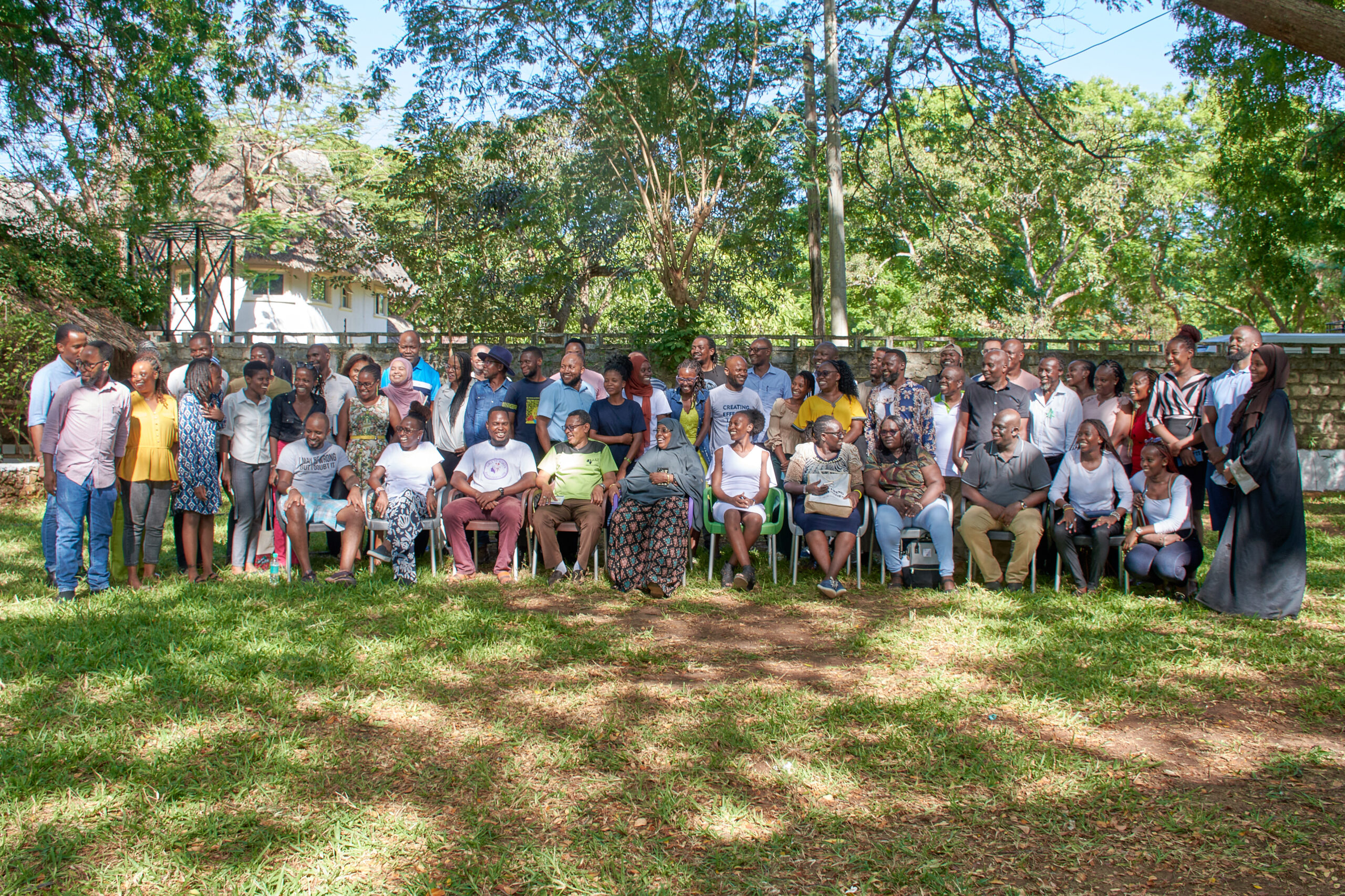
RECAPPING LAST WEEK
Last week was especially busy for us at Maono – both Maono staff and the community of changemakers that comes to our space. We hosted several high profile organisations and individuals coming from county government, funders and national civil society organisations. We also hosted Open Institute’s entire team for the first time. We write this throwing it back filled with fulfilment for how it all turned out. Here is a recap of the visits:
Visit by Lynn Farah, the Chief Officer for Trade and Acting Chief officer for the Office of the Governor, Kilifi County.
On Tuesday 20th February we welcomed Ms Lynn Farah and her Team. She is the Chief Officer for Trade and Acting Chief Officer for the Office of the Governor in Kilifi County. She came to see Maono and understand what it is about, as well as meet leaders from the Maono Change-makers consortium to discuss a potential partnership on a data collection project.
The County is in the process of mapping out all business across its towns with the aim of improving planning and service delivery. So far, the data is being collected by County Staff and they have managed to collect data from Malindi town. However, Kilifi is vast, and with the current pace, it may take weeks before the exercise is done.
Through a previous meeting with the Open Institute (OI) to discuss the Open County project, Chief Lynn learnt that a network of community based organisations had helped OI to map out all health facilities and schools across Kilifi in just 3 days. She learnt that unlike her team that’s collecting the data manually, they did it digitally using Sabasi, an app that goes onto any smartphone and records and transmits data collected live. Read more about Sabasi here.
In the meeting, she sought to understand the details of how such a mega project was completed in such a few days, and explore a partnership with the CBO network to do the same on her current exercise. “I am sold on this one. I especially like the fact that data shall be keyed in real time, meaning that I can log in anytime, anywhere and see what has so far been done,” She said, adding that “it will save us a lot of time and resources.”
By the end of last week, the partnership had matured. Our members, led by Kilifi Youth Assembly, have mobilised 85 people from various parts of the County who, together with other members of staff from the county County government, shall collect the data. We estimate that it shall take 5 days. As we write this, these data collectors have just concluded a 2 day training done at Maono, to get a deeper understanding of the project and how to collect the data (including how to use the Sabasi App).
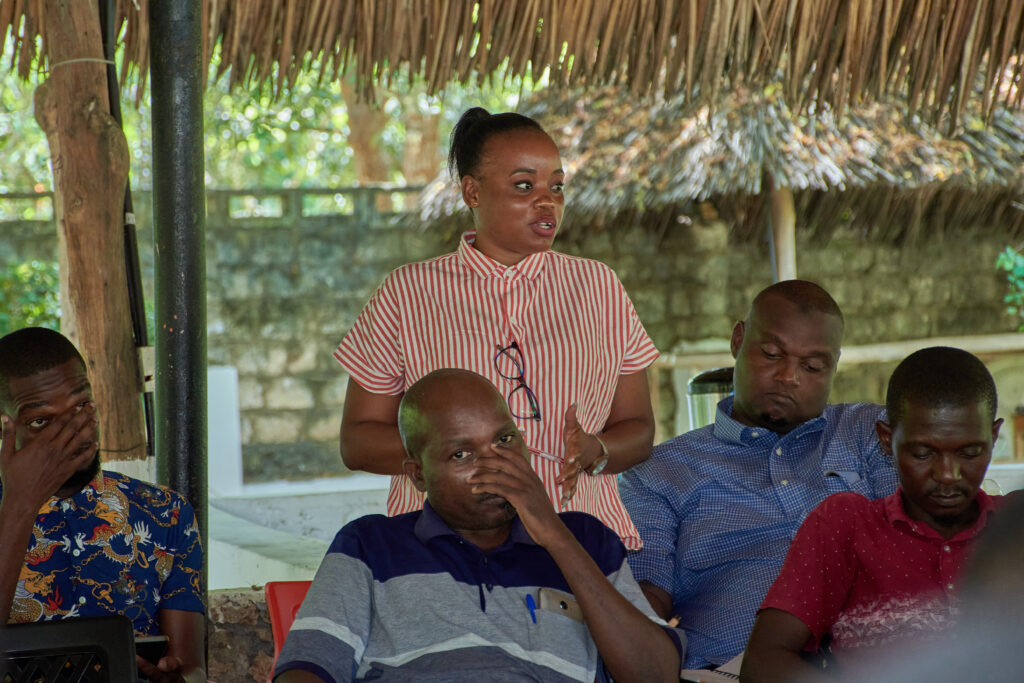
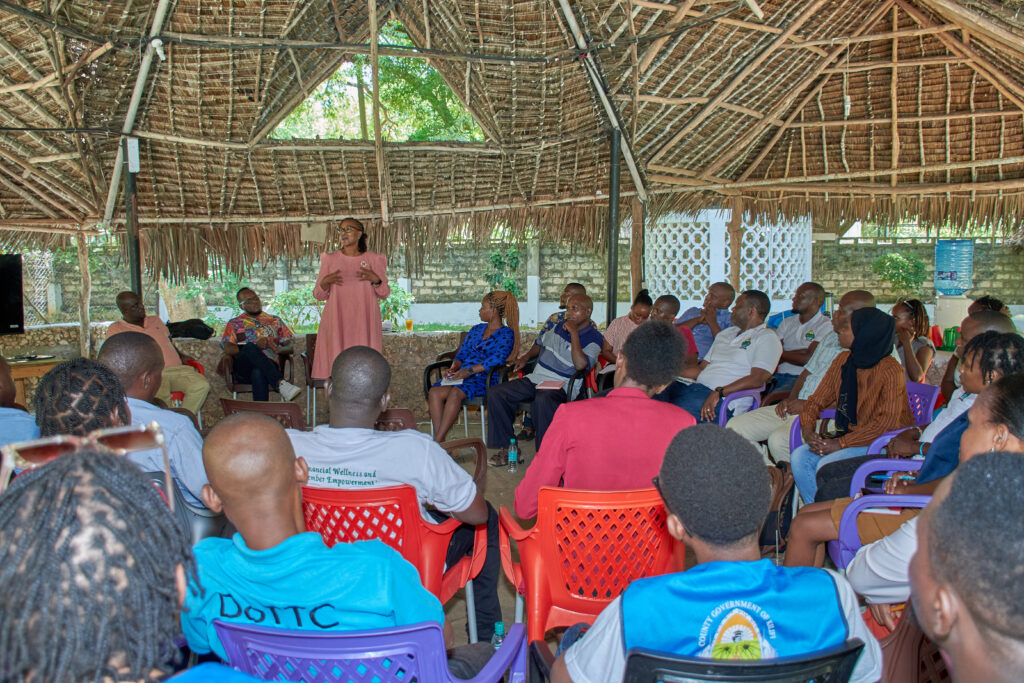
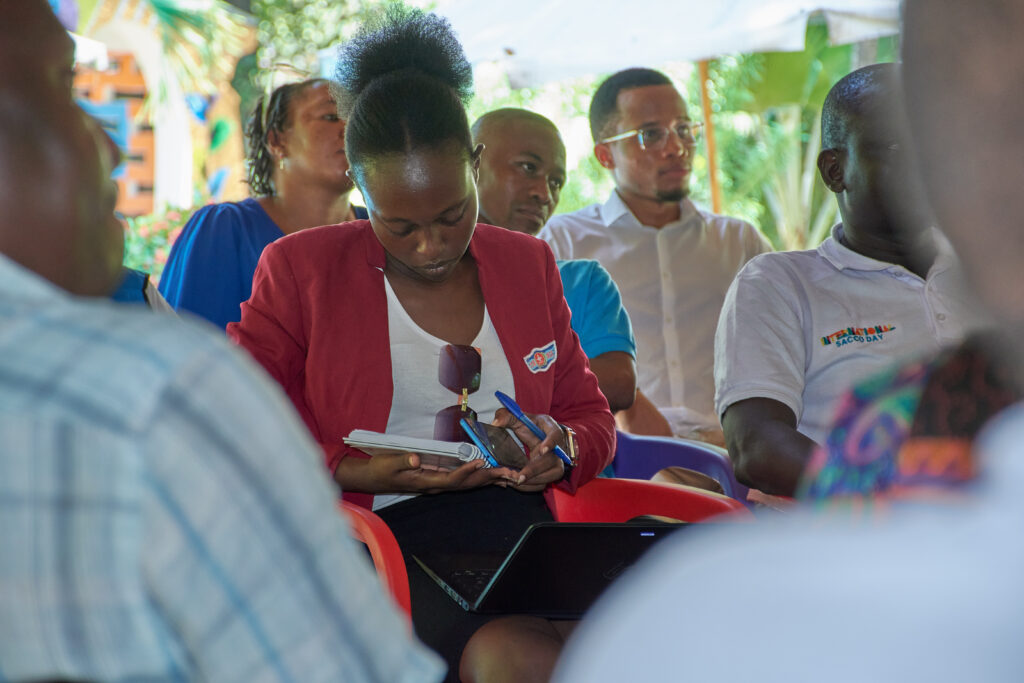
Visit by Ms Diana Gichengo, the National Coordinator for The Institute for Social Accountability (TISA).
On Thursday 22nd, we hosted Diana Nyakairu, the National Coordinator for TISA. Like the previous guest before, she had come to see Maono and learn about its work. Importantly, she interacted with some of the organisations who are part of the Maono network and they had a deep conversation about #OkoaUchumi movement. The movement rallies citizens to demand for debt transparency in Kenya. It was started by TISA and has grown to include other like-minded organisations and individuals who noticed a problem with the way Kenya borrows, spends and accounts for its public debt.
In the conversations, we learnt that Kenya’s current debt stands at over 7.19trillion and that in every 100 shillings that a Kenyan makes, 70 shillings goes to tax. Moreover, debt repayments take up a huge chunk of our taxes at the expense of much needed development projects.
Diana urged the changemakers to read, understand and internalise themselves with Chapter Twelve of the Constitution of Kenya that talks about Public Finance Management. She encouraged them to find their own ways to spread this information down to local communities and communicate it in ways that they would relate with. And because #OkoaUchumi is a movement, she encouraged them to be part of it by signing up so that they could get real time information about Kenya’s debt crisis, training on public finance and plans of action to keep the government in check.
In conclusion, Diana acknowledges that whereas big Civil Society Organisations can have these conversations, only grassroots based organisations can make their communities care enough to take action. “It is quite impossible for TISA to travel to all corners of this country spreading the message of #OkoaUchumi. The resources needed to do this would be crazy, and we don’t think we would have the same impact as when, you guys (the local organisations) did it yourselves. You are closer to your people, you know what gets them and you have their trust.” She said.
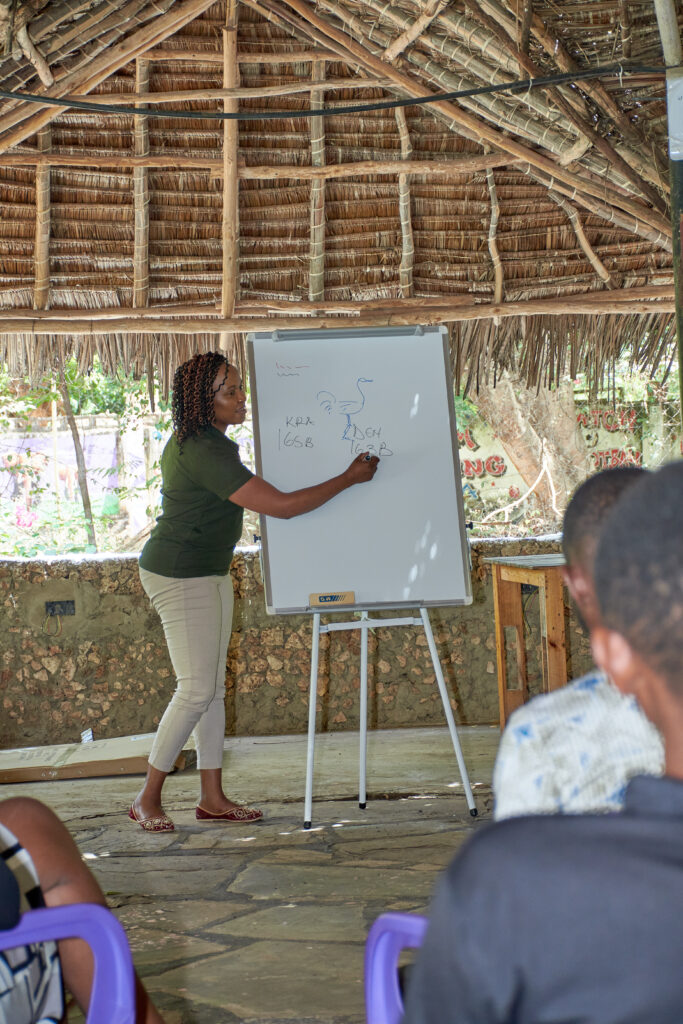
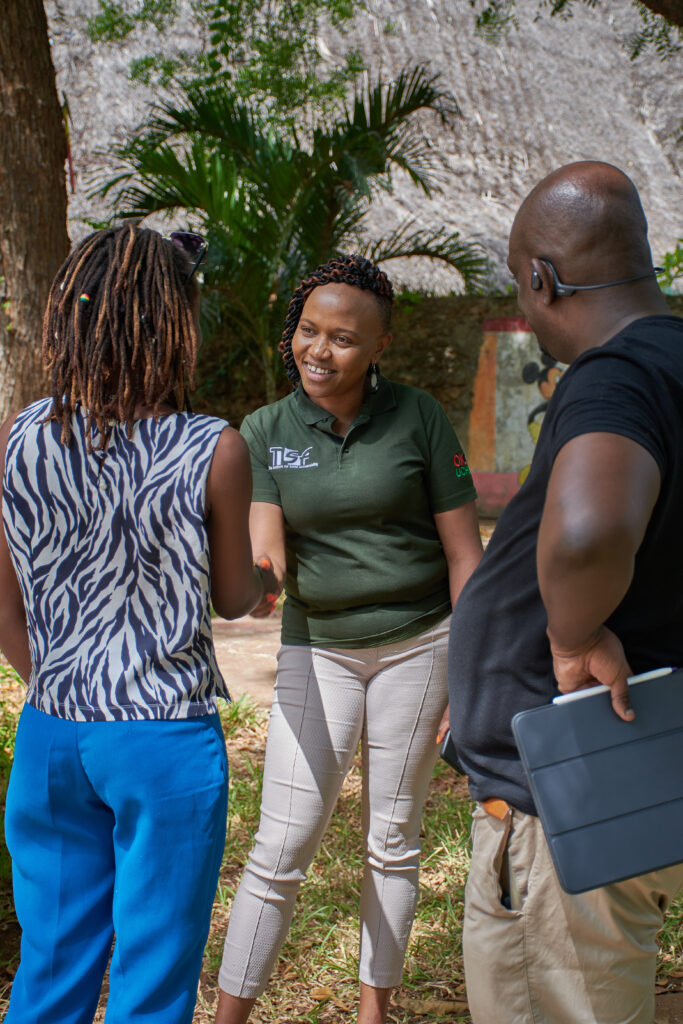
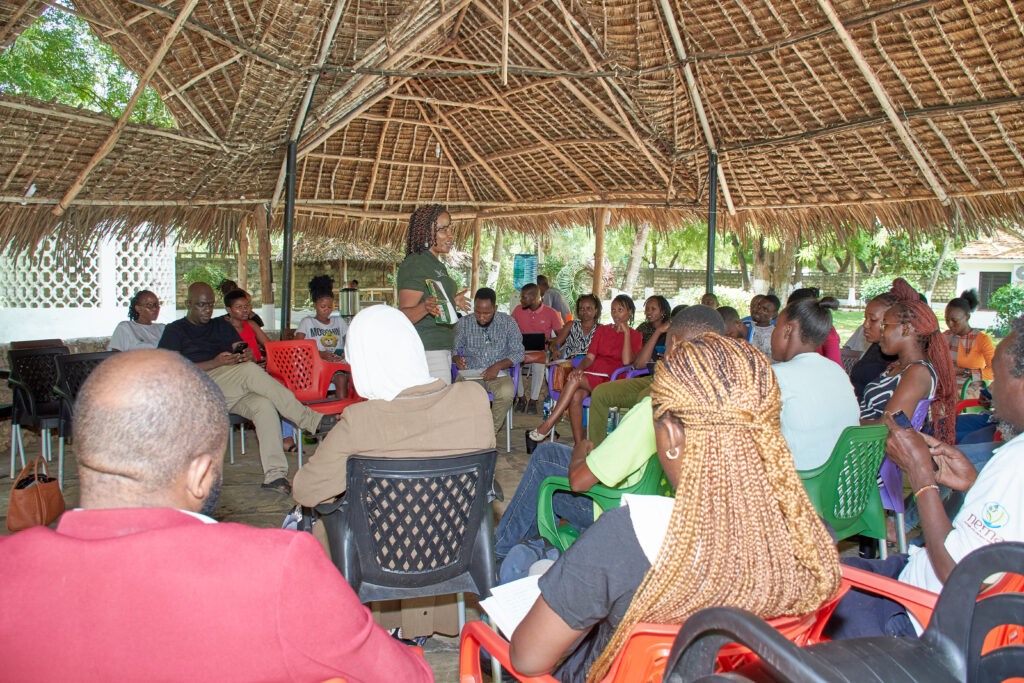
Visit by National Endowment for Democracy and their partners and grantees.
This was the highlight of the week. On the 23rd day of February 2024, the National Endowment For Democracy (NED) led by Mary Kagunyi spent the day at Maono. She was accompanied by 22 large Civil Society organisations that partner with NED, like The Institute for Social Accountability, Haki Africa, International Budget Partnership (IBP), Institute of Economic Affairs (IEA), Isiolo Gender Watch, Mzalendo Trust, Brave Media Ltd, National Democratic Institute Kenya, Tribless Youth, Africa Uncensored, Solidarity Center, Friends of lake Turkana (FOLT), African Forum and Network on Depth & Development (AFRODAD), DEBUNK, Sister For Justice, Wajir Civil Society Consortium, Kituo Cha Haki.
They met with about 35 leaders of various community-based organisations and initiatives. All the organisations present spent the day introducing themselves and discussing their missions, which provided the visitors and the hosts a chance to deeply understand each other. In later hours of the day, the visitors and the hosts got into speed dating sessions where they went even deeper, talking about specific projects and their impact.
But the cherry on the cake was when the discussions started to focus on exploration of collaborative opportunities either through sub-grants, capacity building workshops or even just visiting each other’s offices occasionally. By the end of the day, friendships had been made, contacts were exchanged and collaborative initiatives had been started.
For us, it was encouraging to see how the changemakers introduced themselves with confidence and clearly articulated their missions. It told us that the capacity building we had been doing over the past one year was working, as now even some of the organisations that used to struggle to express themselves were articulate.
We are grateful to Mary for honoring our invite 🙏🏽 and we hope that there shall be more to come.
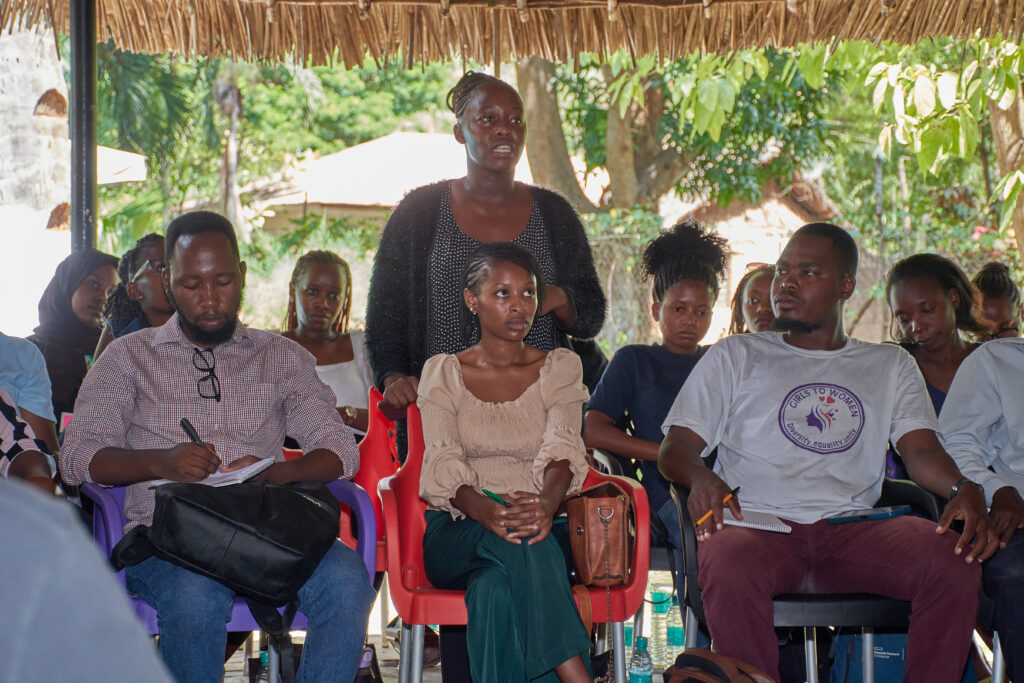
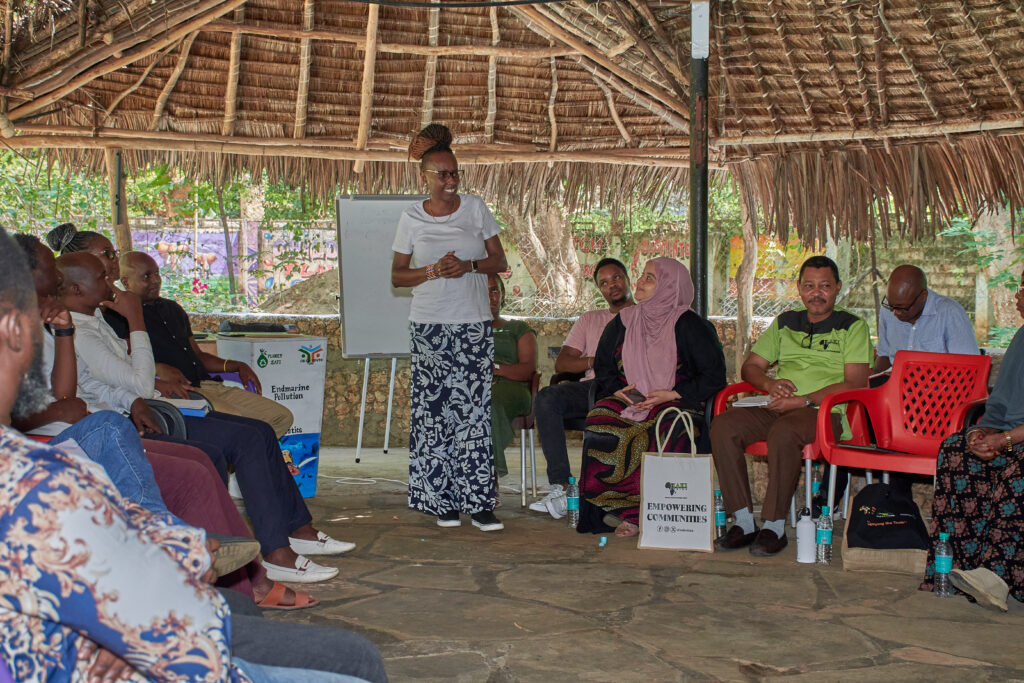
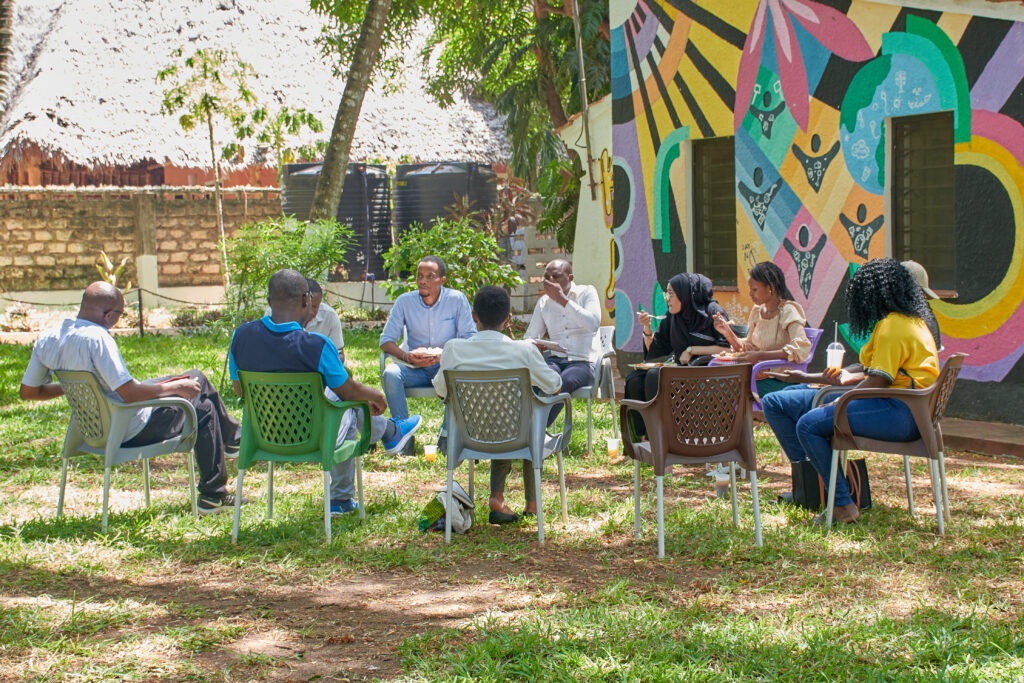
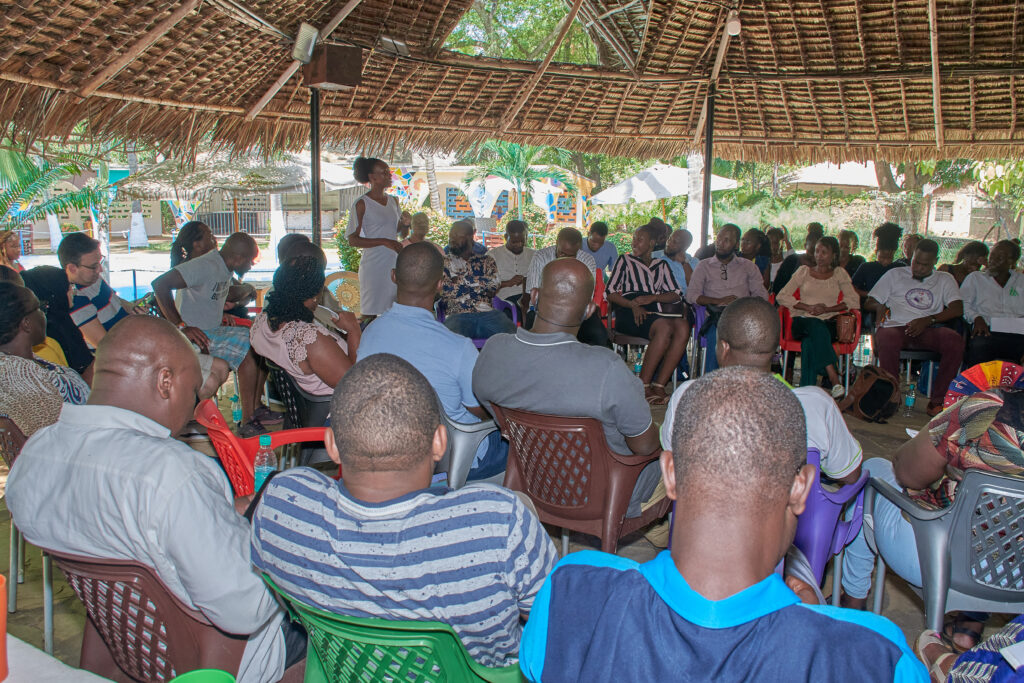
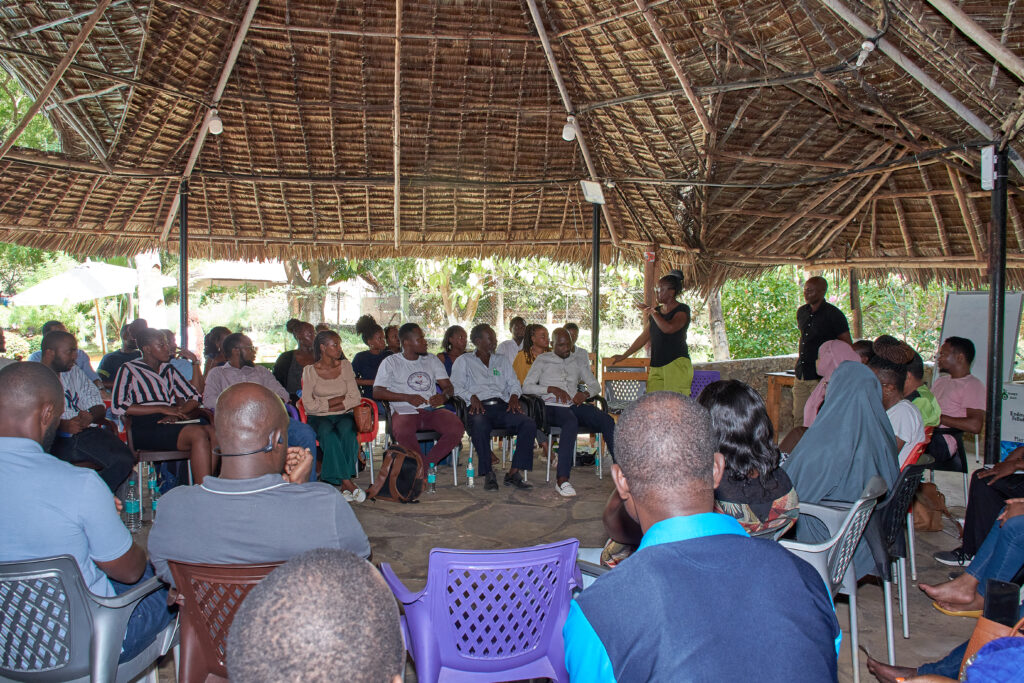
***
All of these events have one thing in common: they are putting the local changemakers in our network on the map. They are saying that government, large CSOs and Funders need to increase their engagement with local groups. Why? Because development best happens at the very local level, driven by local people.
At Maono, we spend a lot of time and resources thinking on the best ways to fully unlock the potential and power of local changemakers, to understand their needs, to build their capacity & expose them to opportunities for growth.
We reckon that if community-based organisers are doing the best job that they can, they will do more and better in their communities and their impact will be bigger.
We remain committed to stimulating the power of community based organisers and mobilisers to influence development in their communities.
